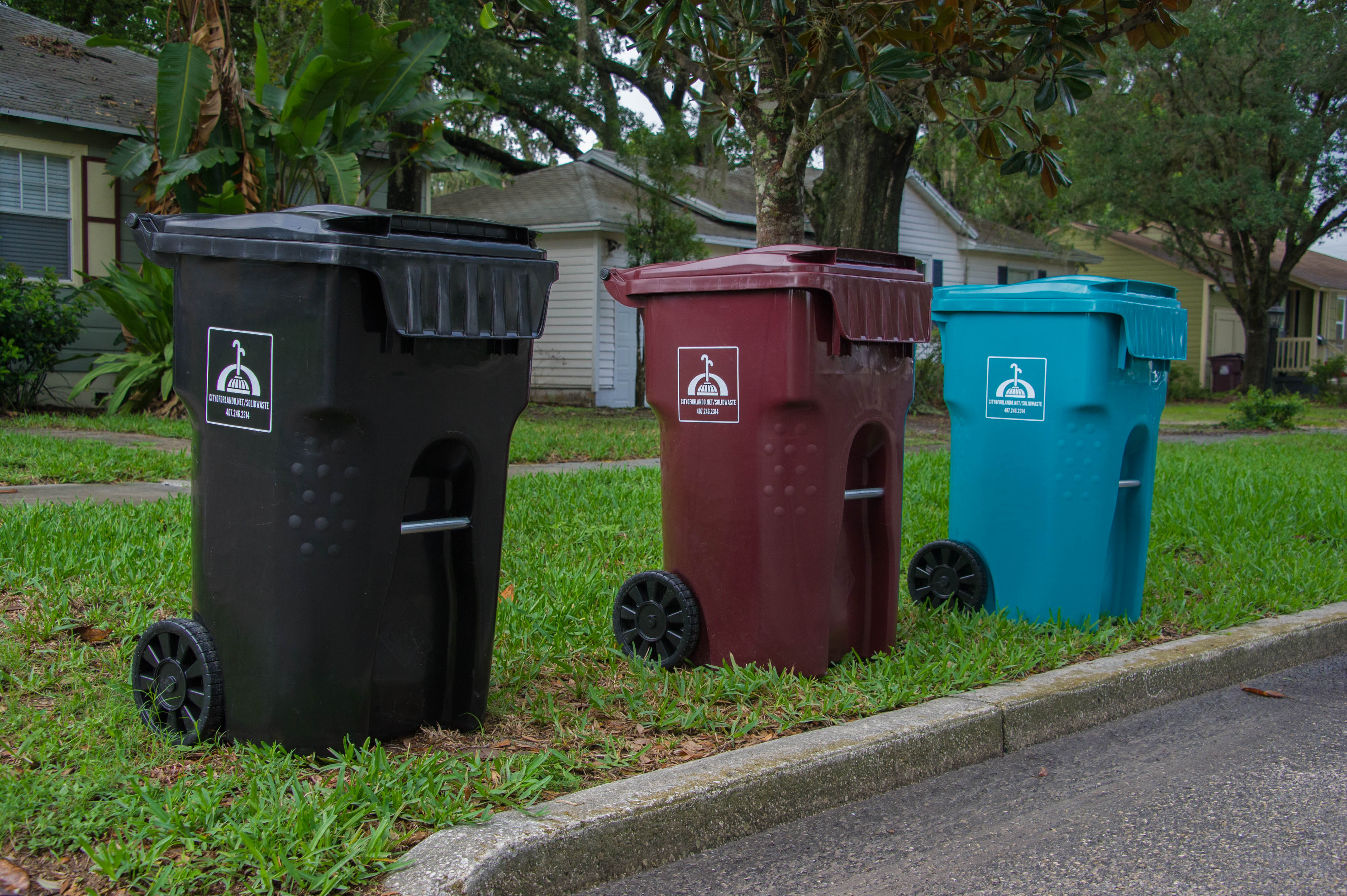Residential Recycling Contamination and Education Campaign

From July 9 to November 1, 2018 a Residential Recycling Project was carried out in which the main objective was to inspect recycling carts in different neighborhoods in order to determine the most common recycling contaminants, while at the same time identify the neighborhoods that required a bit more recycling education.
The first round of visits consisted of 12 neighborhoods and used two tags to inform residents about the quality of their recycling. If everything in the cart was fine, we attached a blue ribbon tag. If there was something wrong, we attached a correction tag to inform the resident which materials did not belong. The first phase of this study concluded that plastic bags were the most frequent material contaminating recycling carts.
Phase II
From February 22 to August 9, 2019 the city conducted the second phase of its Residential Recycling Contamination Study. The main objectives of this study were two fold:
- To test two distinct styles of recycling cart labels to identify their effectiveness as a communication tool, and
- To contrast different types of communication strategies to identify which is more effective for addressing contamination.
Additionally, a survey was distributed to residents collecting feedback regarding their understanding of the general recycling process.
Green Works continues to expand this study to other city neighborhoods. Results are intended to inform communication strategies for increasing recycling participation and lowering contamination moving forward.